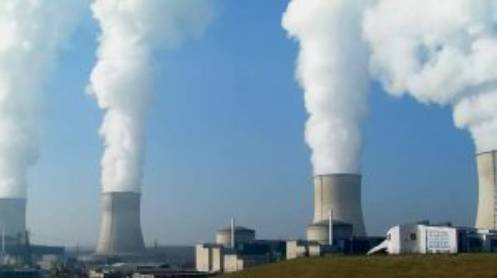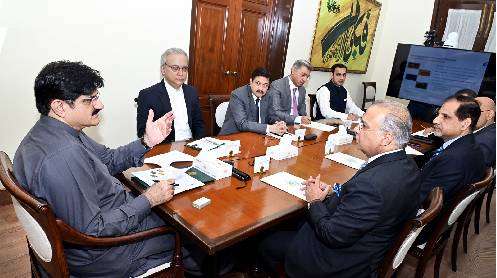ISLAMABAD: The federal government has opened the way for new household and commercial gas connections, but strictly on regasified liquefied natural gas (RLNG) tariffs, ending a moratorium that has been in place since 2009.
In a notification issued on Tuesday, the Ministry of Energy (Petroleum Division) directed the Oil and Gas Regulatory Authority (Ogra) and the two gas utilities — Sui Northern Gas Pipelines Limited (SNGPL) and Sui Southern Gas Company Limited (SSGCL) — to immediately begin processing applications under the new framework.
The cabinet, in its meeting on Sept 10, approved the relaxation with the condition that RLNG would not be provided at subsidised rates. Instead, new connections will be charged at Ogra-notified monthly RLNG tariffs, currently around Rs4,000 per mmBtu (including taxes), more than double the average domestic tariff of Rs2,000 per mmBtu for system gas.
Under the framework, Ogra will set annual quotas for RLNG-based domestic connections, starting with a first-year target of 120,000 new connections. Applicants who had previously paid demand notes or urgent fees for system gas connections will get priority, provided they cover the cost differential and sign fresh RLNG supply contracts.
Connection fees have also been revised upwards, with new consumers expected to pay Rs40,000–50,000 per connection, compared to earlier rates of Rs7,500–15,000. Up to 50pc of the quota will be processed on an urgent basis, allowing connections within three months of payment of the urgent fee.
The cabinet further decided that all pending applications for system gas would be voided and fresh merit lists prepared exclusively under the RLNG category. More than 3.5 million applications are currently pending, while around 250,000 earlier applicants will have to submit affidavits withdrawing legal claims to be considered.
Disconnected consumers with over a year of inactivity will also be reconnected under RLNG terms, while existing operational indigenous gas connections will continue at system gas tariffs.
The policy aims to provide an additional revenue stream for gas utilities, though industry observers warn it may worsen winter shortages and losses, as SNGPL has already begun rationing supplies to households to just 6–9 hours a day.
Story by Khaleeq Kiani







